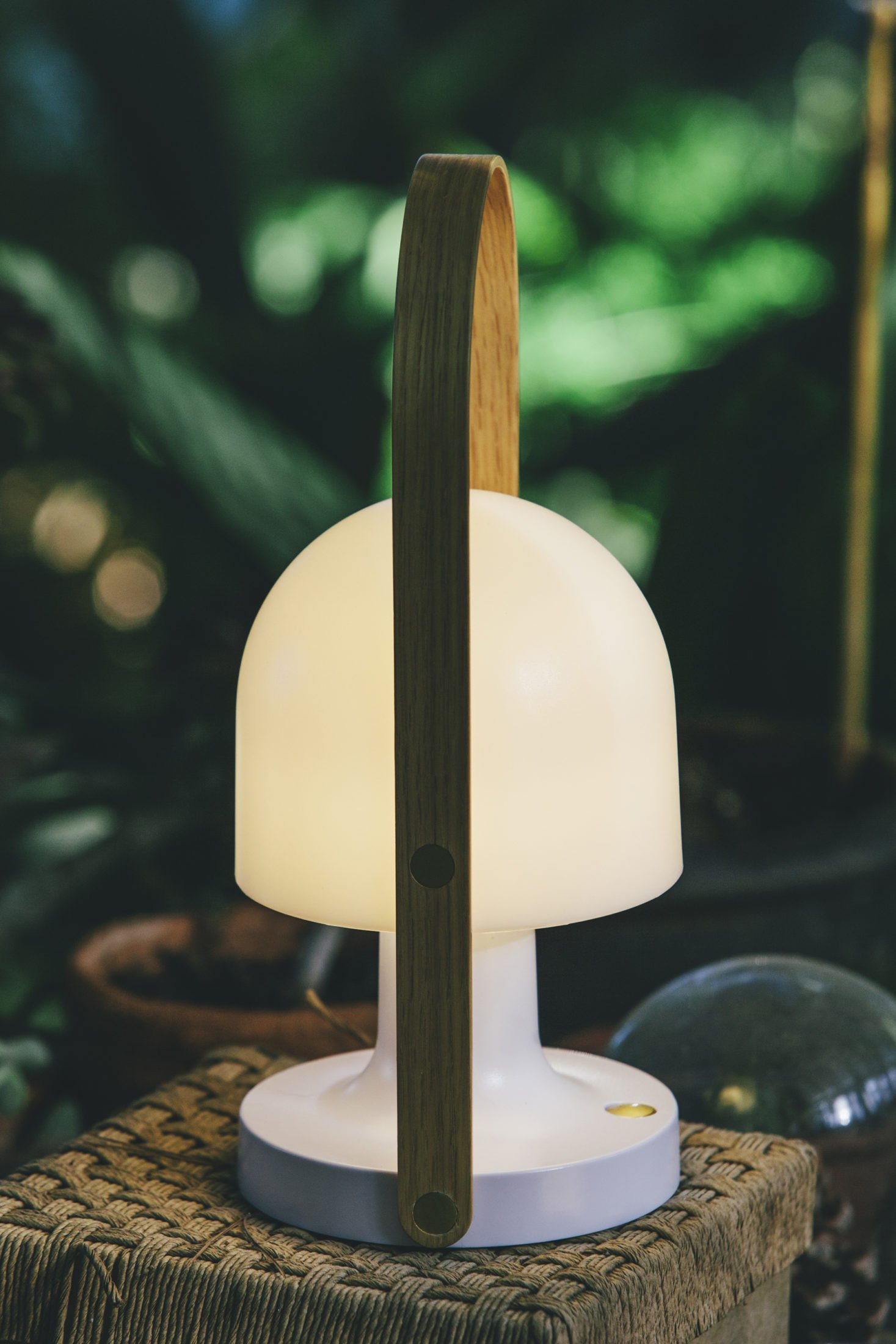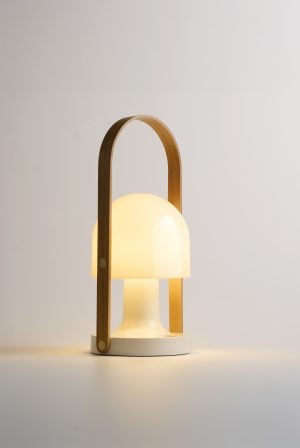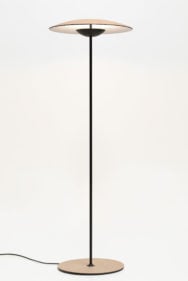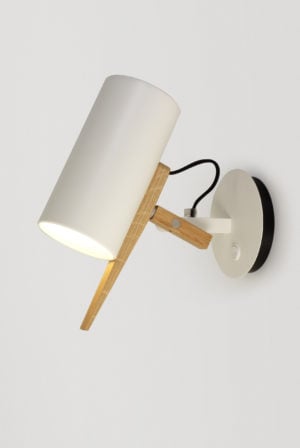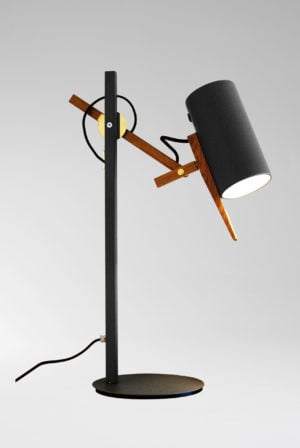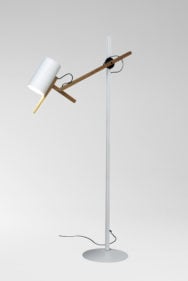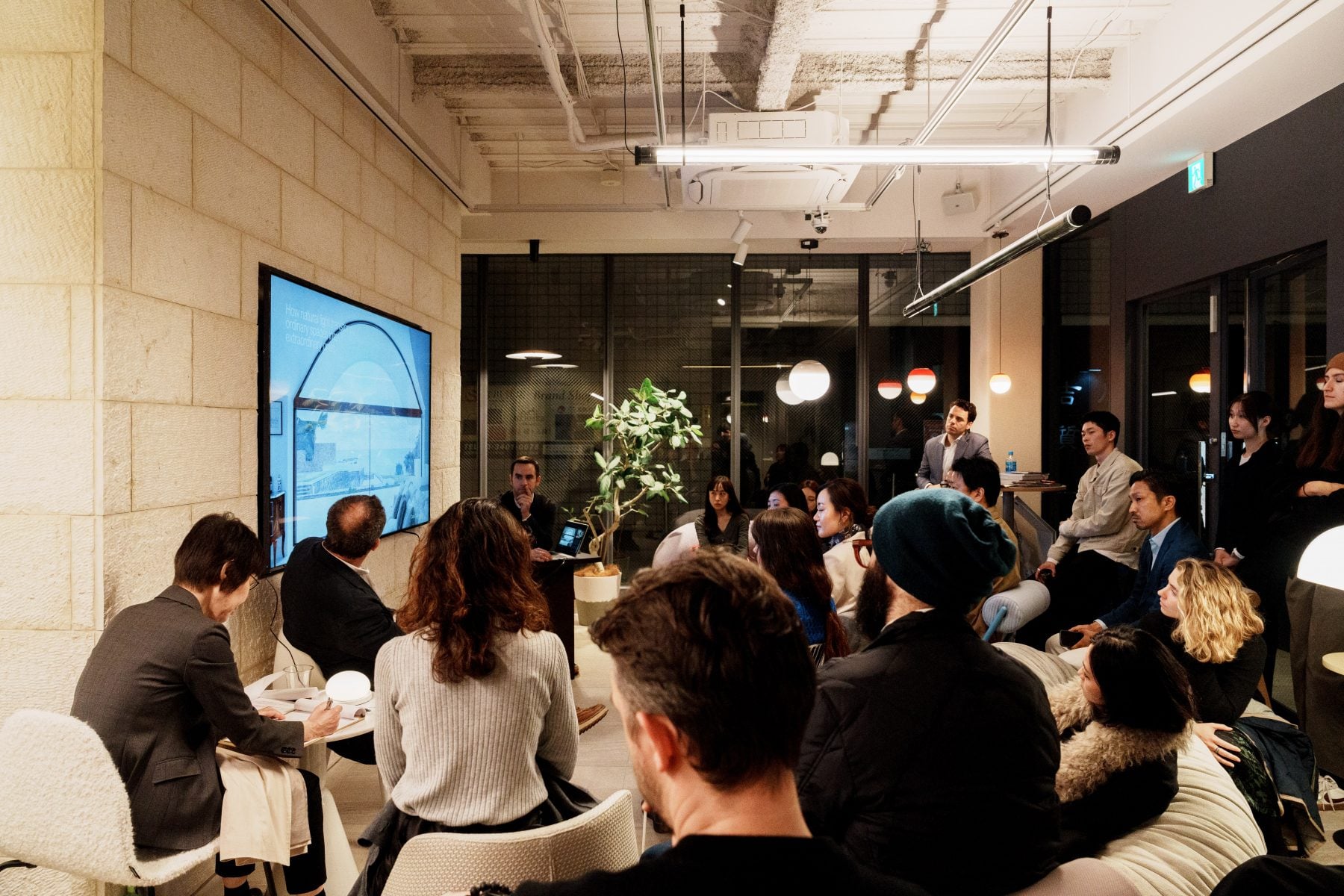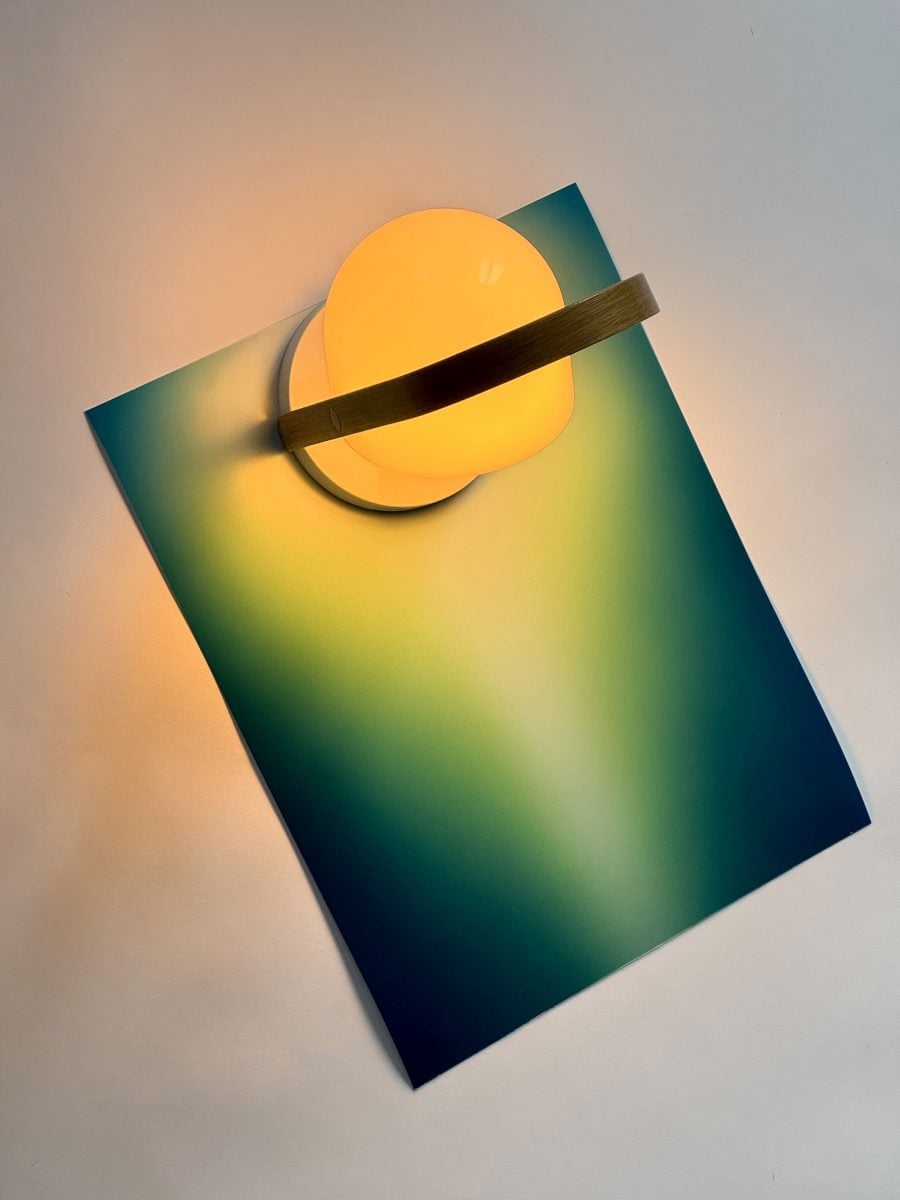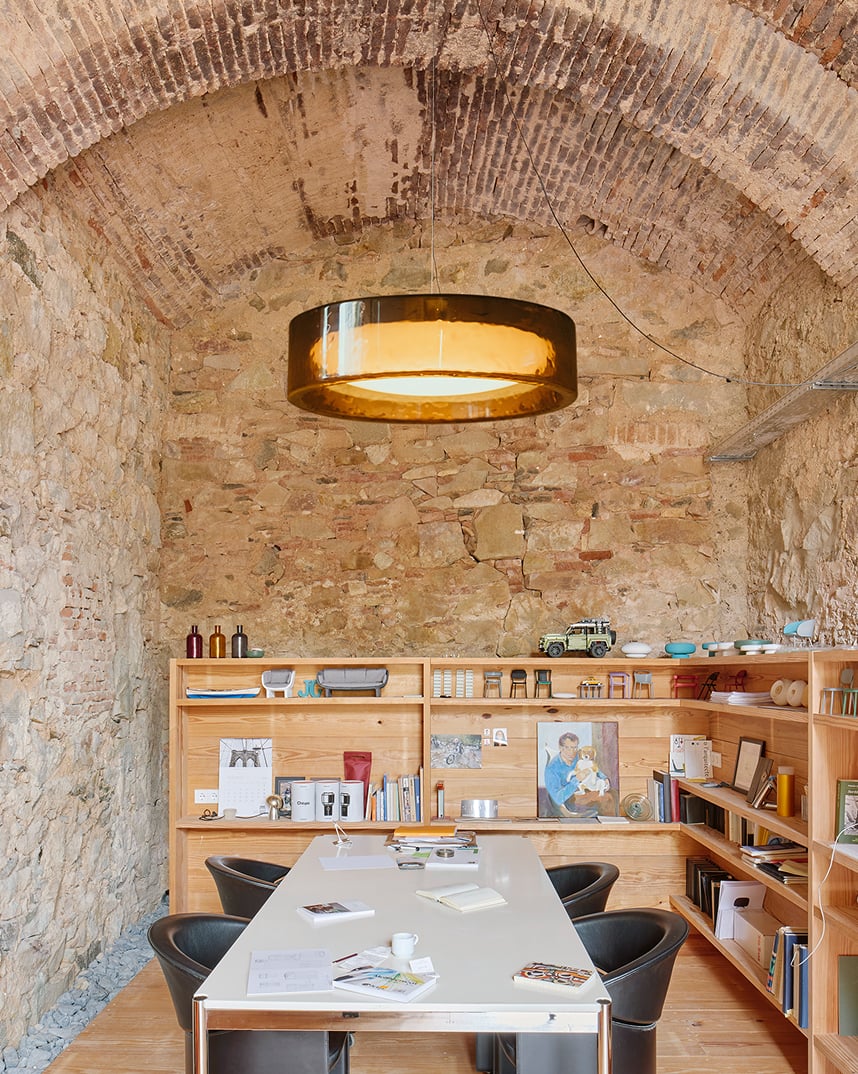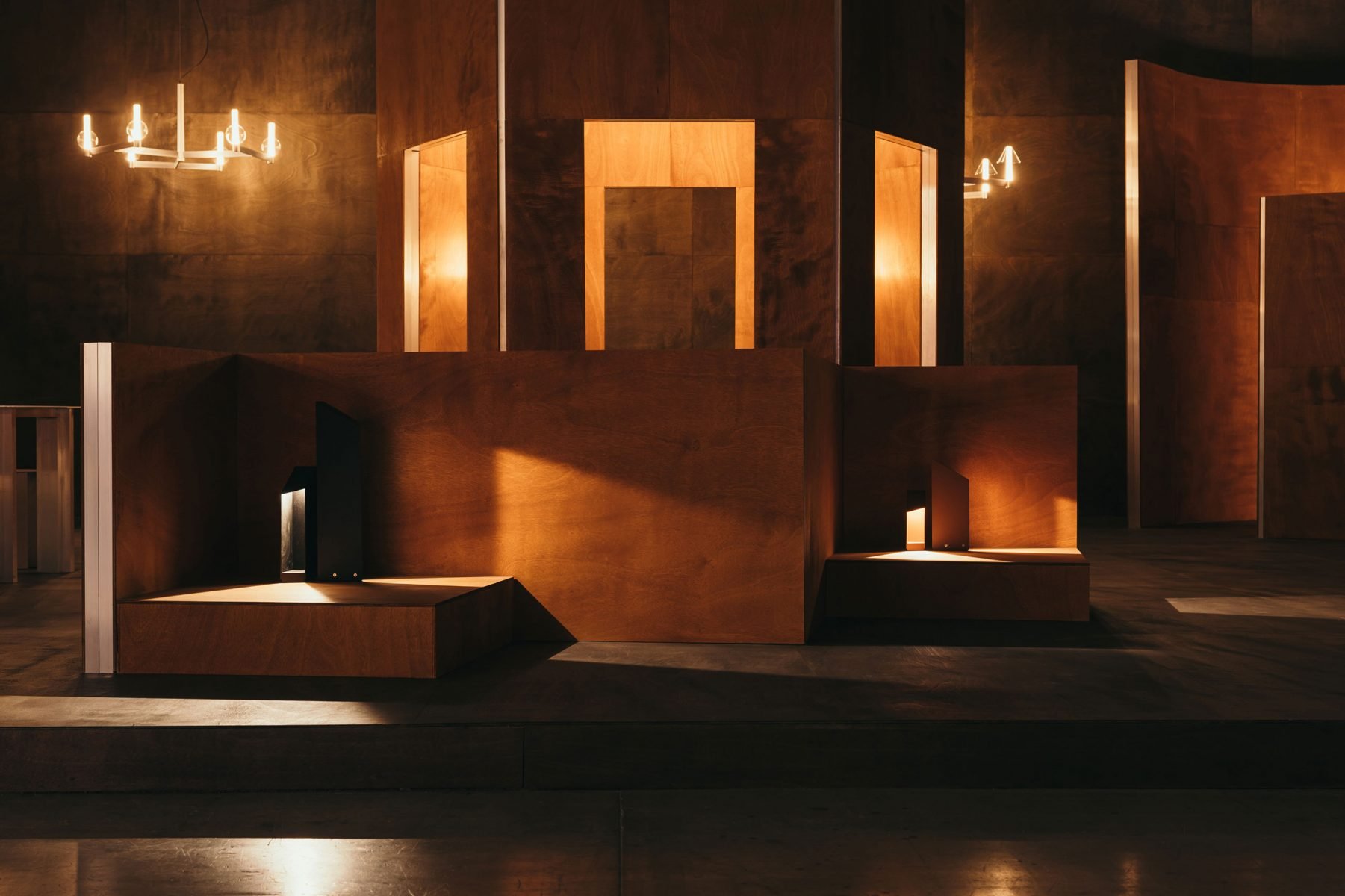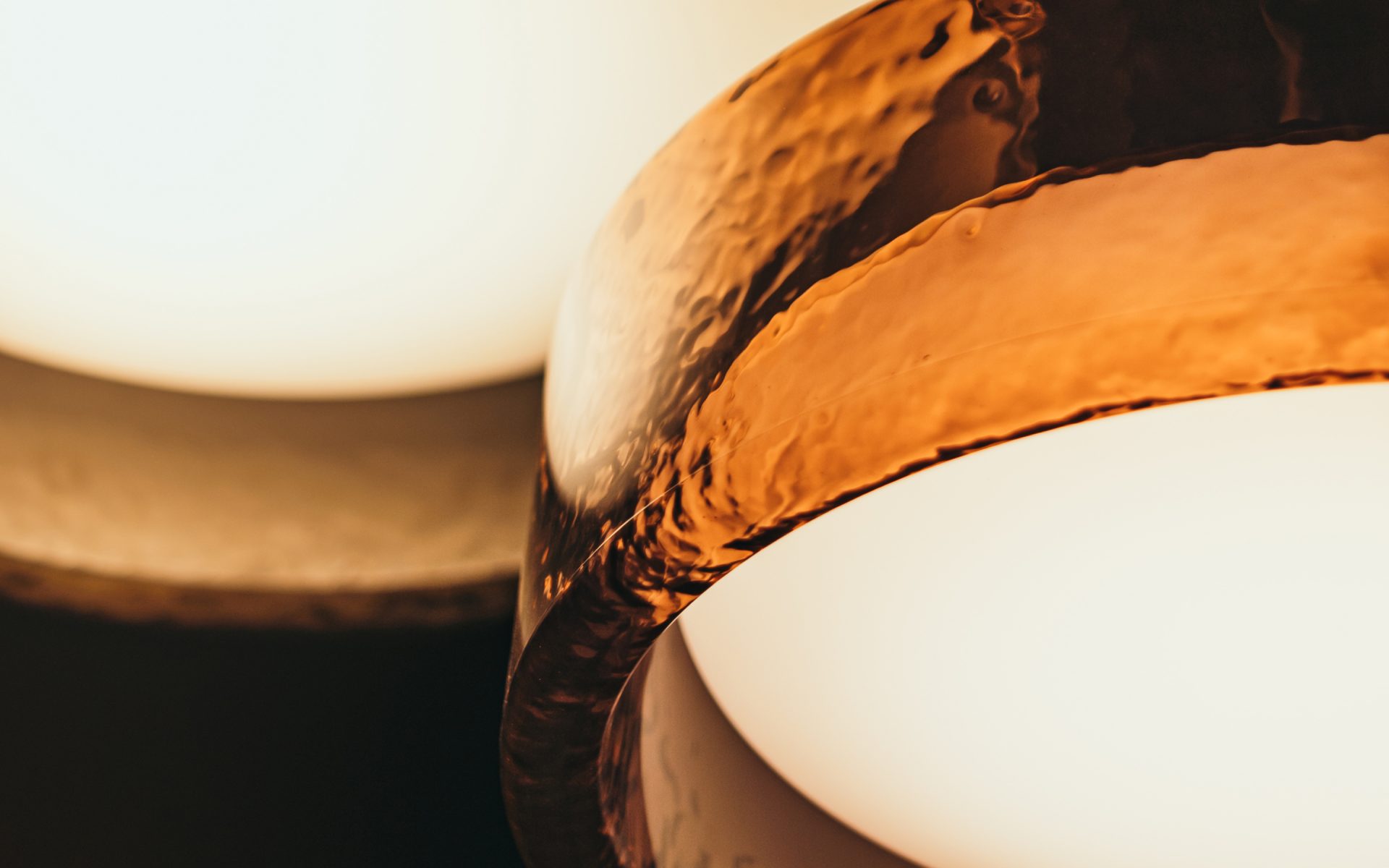Reflections on light – Maria Reig – part two
Light is a language that explains your culture and your sensibility.
-Which designers do you like?
-Those who think about comfort and values related to harmony, proportion and respect for the human being. In this sense, I identify with both the Japanese and the Scandinavian countries, whose cultures live very close to nature.
– You talk about lamps that are left on during the day.
– I like them a lot. Now that LEDs hardly consume anything, it’s even better. It’s like the Nordic peoples usually do with firelight and candlelight: they are always present. We light candles at night, and they do so at 9 in the morning or noon. They eat with candles, and it’s not that they don’t have enough light; rather it’s the culture of fire and the wisdom of how to make a place cosy or create an atmosphere around fire.
When someone says, “there’s an ugly lamp on the nightstand, so I cover it with a handkerchief so I don’t have to look at it”, this handkerchief becomes a kind of language you use through that light, and it is projected into the atmosphere you want to create. Light is a language that explains your culture and your sensibility.
– You don’t adapt to the light, the light adapts to you.
– When I go to look for a lamp I don’t pay attention to whether it is for an office or a table top. I choose one because it casts my shadows in just the right way. I really like lamps that swing on arms. And I like them with opaque shades that funnel the light upward and downward. Just like when you build a house you tell an architect how you want to live, it would be great if you could tell a light manufacturer what you want the light to be like. If I could manufacture my own lamps, it would be easy with Marset.
– What role does light play when you decorate your spaces?
When the decoration in your house is beautiful to look at or take a photo of but you don’t feel good there, you wouldn’t stay there. With good decoration, you feel like taking refuge there, making it your place and living there; it’s like a nest. And light really helps in this. Points of light should illuminate to accentuate what you want to highlight; they create a language for the person looking. You illuminate the points where you want to show what you’re interested in displaying. Light is a language which reveals your culture and your sensibility.
If I were a Superwoman and could give out the Lamp Prizes, I would get rid of all who put the emphasis on design, creating a homage to themselves, those who walk around arrogantly “I’m a lamp designer”. Why do we put up with lamps that illuminate in a way that prevents us from living well and feeling good? You have to be daring with light and buy a lamp that works well with what you want to do, and not buy a design that bothers you, your house and your ambiance.
-What is your relationship with Marset? How did it become part of your life?
– Through design. I noticed some lamps that I really liked and they were from Marset. What I like about Marset is its focus on a kind of design that does not follow well-worn patterns; it develops a culture of its own, part of it is local and part is international.
You can also clearly see that there is someone behind Marset, that it is a small-to-medium-sized company made up of people who like to listen, improve, surprise. I identify Marset with a modern Mediterranean culture.
-What is your relationship with the objects around you?
–I’m not much of a collector of things that complicate life. For example, when I buy a work of art, I know that I’m going to have to like it my entire life. I’ve owned ninety percent of my things for many years and I still love them. Objects are like an elderly person or a home; the more years go by the more beautiful they become. They keep evolving. To me objects, just like light, are a language that show what you are like, but they show it subtly.
